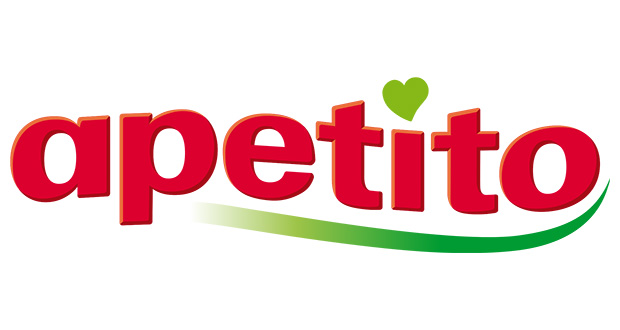Dysphagia in Dementia Patients
 Emily Stuart, apetito Dietitian discusses Dysphagia in dementia patients:
Emily Stuart, apetito Dietitian discusses Dysphagia in dementia patients:
Nearly 50 million people are currently living with dementia, a number which is expected to increase to 131.5 million by 2050. To help tackle this, it is important to highlight the problems faced by dementia patients and to demonstrate how we can overcome them.
Dementia is caused by a number of progressive brain disorders that affect the ability to perform activities of daily living, memory and behaviour. As the illness progresses into the advanced or severe stages, individuals may experience oral deficits which cause dysphagia. Swallowing is a complex process with many stages; any one of which can stop working, causing the swallowing process to become defective. This is becoming a common complaint in dementia patients.
Treatment for dysphagia in dementia patients is more difficult than for those without dementia. If left untreated, it can cause serious health problems such as: malnutrition, dehydration and aspiration pneumonia. Here is some advice on how to manage the condition:
Triggering the eating process – Mealtimes can become stressful for someone with dysphagia and dementia. The patient may be confused by the food and cutlery, and can worry about choking. For a patient with advanced dementia, finger foods may aid the eating process. This taps into the automatic motor rhythm and gives them the freedom to feed themselves. Another way to trigger the eating process is through alternating between hot and cold food, as this can trigger a swallow.
Getting the right nutrients – It can be difficult for dementia patients to receive the correct nutrients, especially with the additional complexities of dysphagia. A patient may become disinterested or agitated by the meal in front of them. In this instance, the meal should be split onto two plates, serving half the meal at a time. This will help the patient to eat the whole meal without having to sit down for an extended period. Another method is to serve five or six small meals throughout the day. If a patient becomes fussy about what food they are eating, a list of food preferences and dislikes could be developed, so they are always given their preferred meals.
Enteral feeding– If the patient’s dementia becomes severe, it may be a better option to provide hydration and nutrition through tube feeding. This will ensure the patient isn’t affected by health risks such as malnourishment and aspiration pneumonia. The decision to go ahead with enteral feeding is complex, so it is important the patient and caregivers are aware of all the risks and benefits involved.
Book your free tasting experience today at apetito.co.uk/tasting

